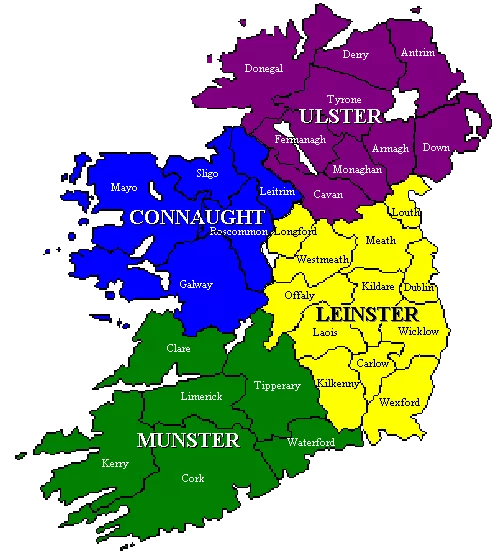
Women in Ireland, 1912-22 and beyond : The Historical Background
Women are prominent in all the main developments in Ireland from 1912 to 1922. Over 230,000 women signed the women’s version of the Ulster Covenant in September 1912 while nationalist women participated in the 1916 Rising and the Anglo-Irish War of Independence. When the first world war began, Irish women offered practical support to soldiers as fundraisers at home and as nurses on the front line. Women also participated in the Labour movement, joining unions and encouraging other working women to do so. The campaign for women’s suffrage was also well underway by 1912, and a landmark event was reached when women over thirty years of age were granted the right to vote in 1918.
A significant development of the middle decades of the nineteenth century was the education revolution, which resulted in far more young women receiving a formal education. Better educated and more aware of public life than their mothers or grandmothers, many of the women who took an active part in public life after 1912 had received a secondary education and some were also university graduates.
The aim of this website is to provide information about, and a spatial awareness of women’s involvement in the events of 1912-22 as they occurred in several of the cities and towns throughout the island of Ireland. The team hopes that it will become a model for further inter-disciplinary research and exploration of women’s role in historical events beyond 1922 thereby providing a visual image of the relationship between people, place, and space during the evolution of twentieth century Ireland.
The project team is Professor Bernadette Whelan, Department of History, University of Limerick; Professor Mary O’Dowd, School of History and Anthropology, Queen’s University, Belfast; Dr John O’Callaghan, Department of History, University of Limerick; Mary Clancy, School of Political Science and Sociology, National University of Ireland, Galway; Ruth Ní Cathair, School of History and Anthropology, Queen’s University, Belfast; Gerald Maher, Department of History, University of Limerick; Dr Gavin Wilk, Department of History, University of Limerick; Ben Lenihan, Arcane Technology Solutions; Gráinne O’Donovan, Ace Editorial Services; and Mairead Loughran, Information Technology Division, University of Limerick.
In 2023 the support and encouragement of Dr David Fleming, head, Department of History, University of Limerick and June Shannon, Digital Content Creator, Marketing and Communications Division, University of Limerick, is acknowledged.
Note 1: The app is no longer operational.
